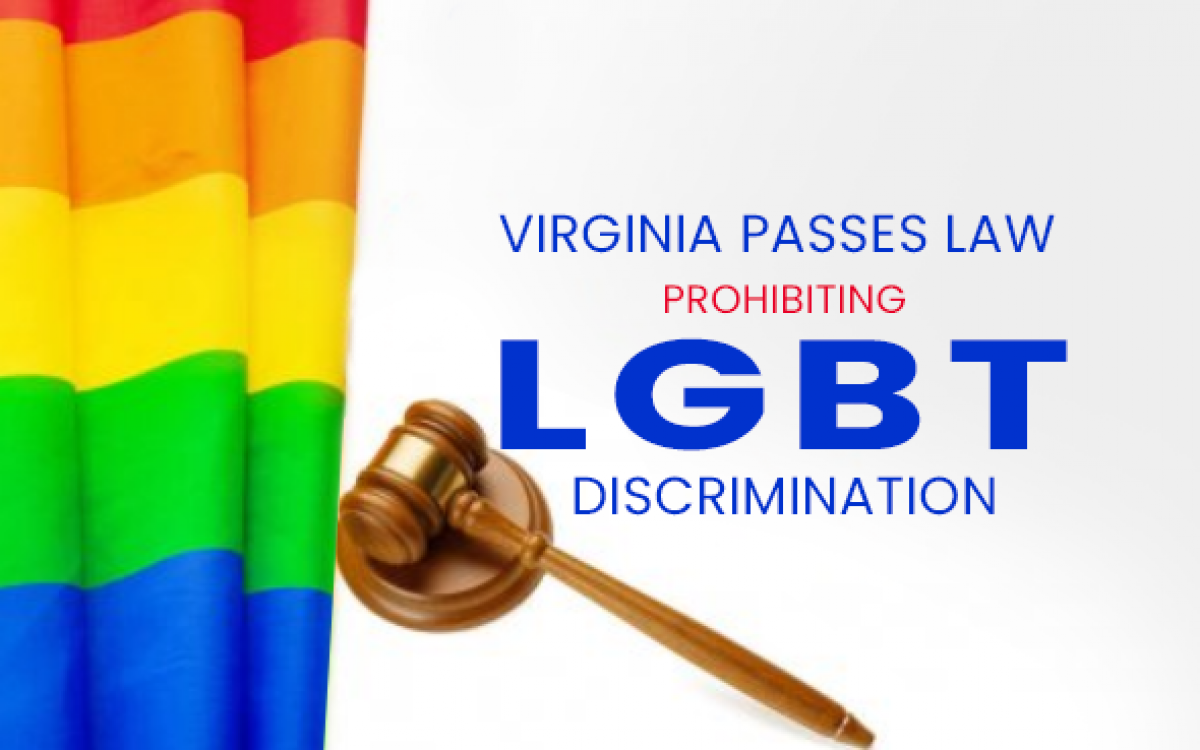Virginia Governor Ralph Northam (D) has signed into law the Virginia Values Act that protects the rights of LGBT Virginians in employment, housing, and accommodations, and expands the ability of plaintiffs to sue in Virginia state court. The law takes effect on July 1, 2020, and will prohibit discrimination in employment on the basis of sexual orientation and gender identity. Once the law takes effect, plaintiffs alleging any form of employment discrimination in state court claims will be able to seek compensatory and punitive damages, as well as increased attorneys’ fees.
The new law covers many types of LGBT discrimination. The law will prohibit discrimination on the basis of “sexual orientation,” meaning a person’s actual or perceived heterosexuality, bisexuality, or homosexuality. It will also prohibit bias because of “gender identity,” defined as the gender-related identity, appearance, or other gender-related characteristics of an individual, with or without regard to the individual’s designated sex at birth.
The new law also changes the circumstances in which an employee may sue an employer due to LGBT discrimination. Currently, employees can only sue under the Virginia Human Rights Act if they have been discharged from employment. Damages are limited to up to 12 months of back pay, and attorneys’ fees are capped at 25% of the backpay award. Compensatory and punitive damages are not available, nor is injunctive relief.
Under the new law, however, employees will be able sue for any violation of the anti-discrimination laws — not just when they have been discharged from employment. They will also be able to recover compensatory and punitive damages, lost wage damages with no 12-month limitation, and reasonable attorneys’ fees with no limitation. The court can also issue injunctive relief, such as ordering reinstatement of the plaintiff.
Virginia employers should review and revise workplace policies and practices, managerial training materials, employee antidiscrimination and anti-harassment training sessions, interview and hiring protocols, benefits offerings, and any other practice which may otherwise impact workers because of their sexual orientation and gender identity.
